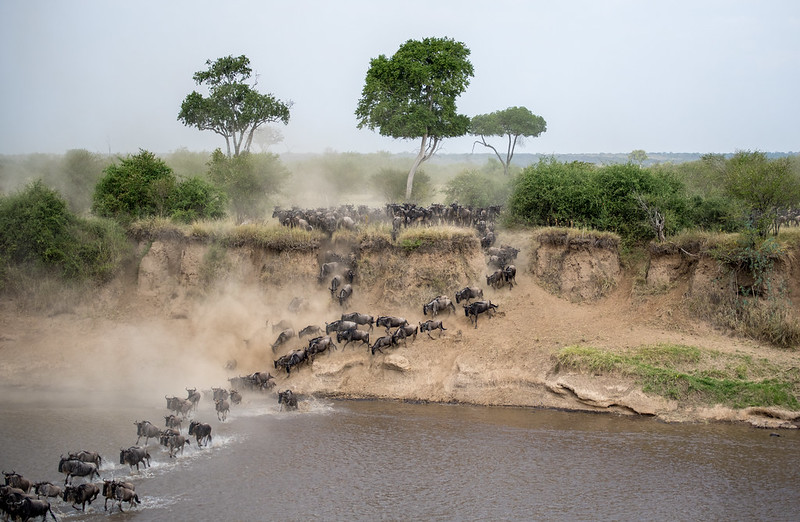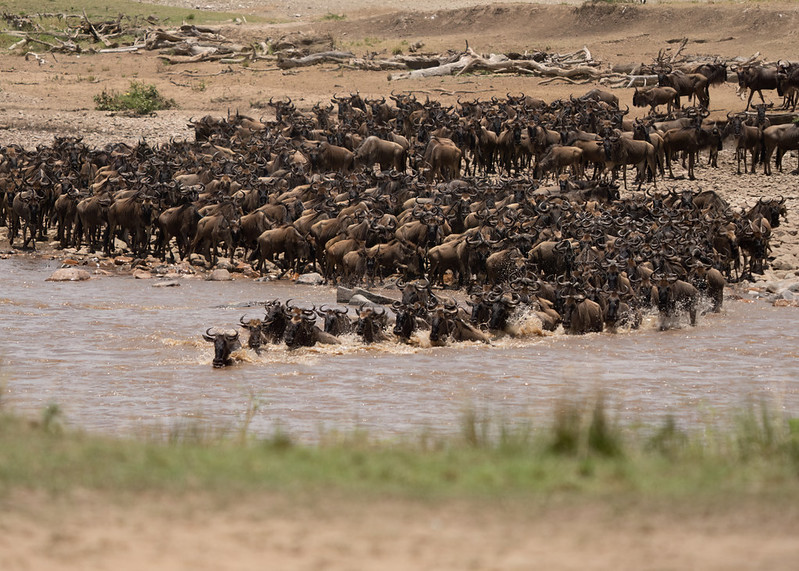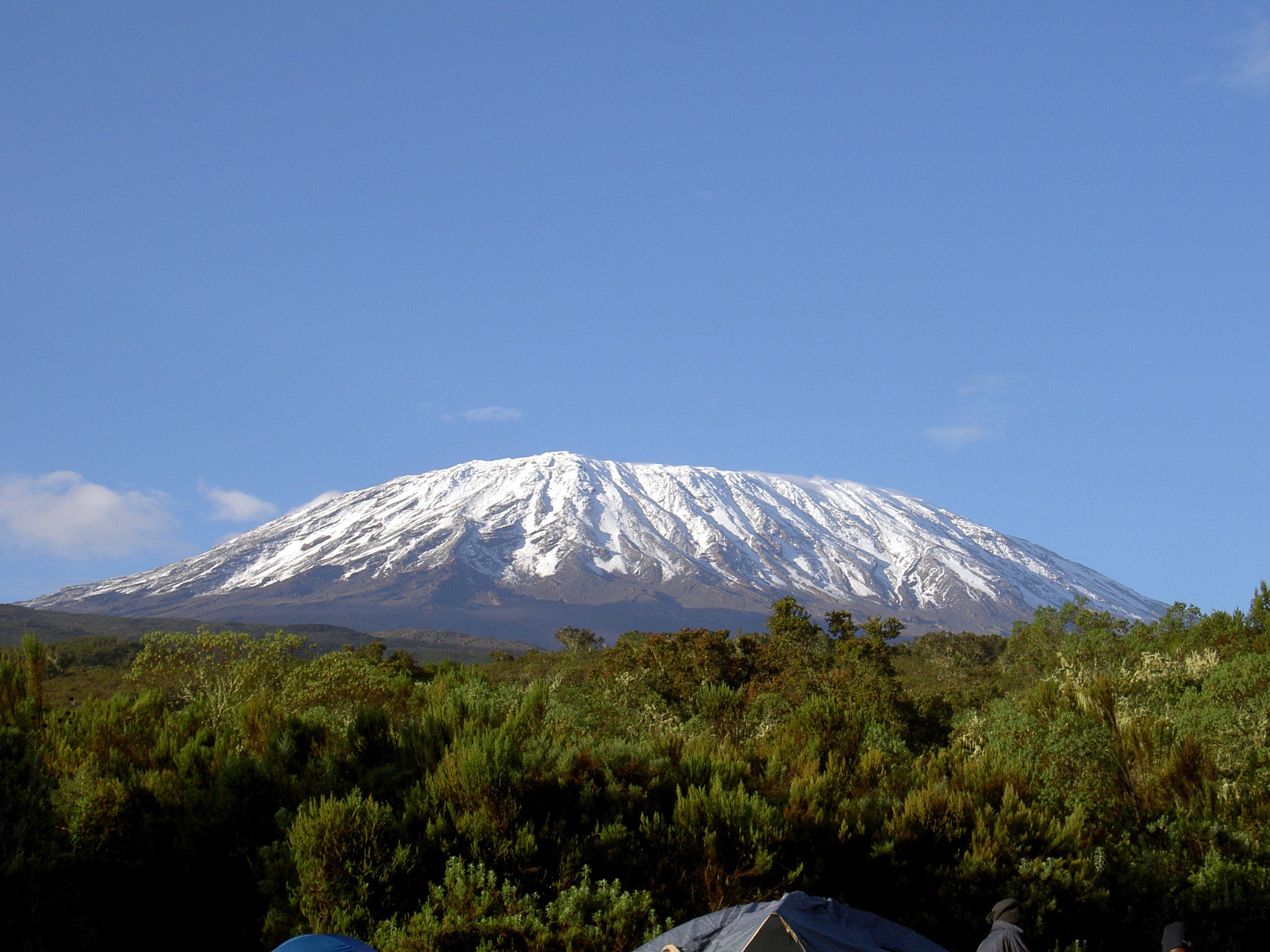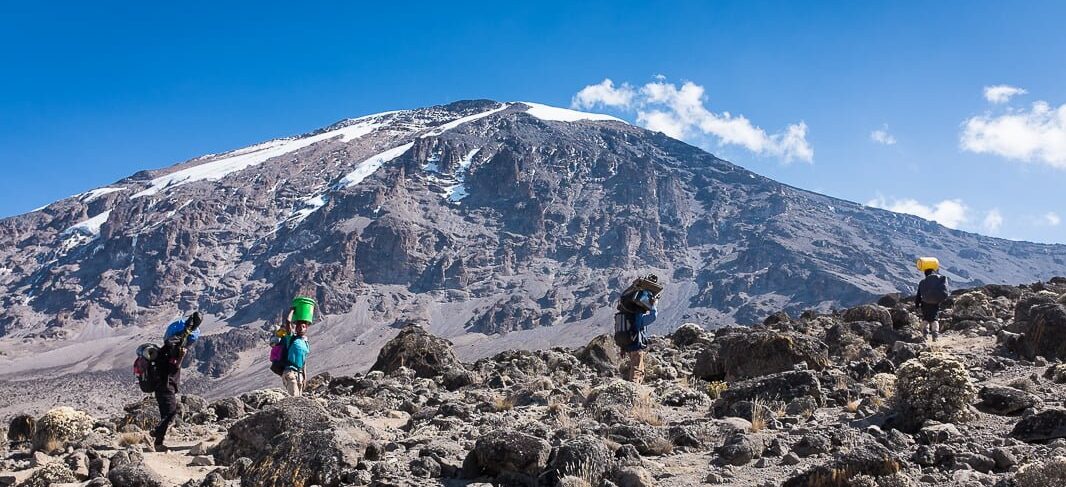The Maasai people of Kenya
The Maasai people of Kenya
The Maasai people are a Nilotic ethnic group primarily inhabiting parts of Kenya and Tanzania, known for their distinct culture, traditions, and pastoral way of life. Here’s an overview of the Maasai people in Kenya:
Geographical Distribution:
The Maasai people are predominantly found in southern Kenya, particularly in the Great Rift Valley and its surroundings. Their territory extends to northern Tanzania as well. In Kenya, they mainly inhabit the counties of Narok, Kajiado, Laikipia, Samburu, and parts of Baringo and Nakuru.
Culture and Lifestyle:
Maasai culture is characterized by a strong emphasis on communal living, traditional pastoralism, and a deep connection to their land and cattle. Cattle are a central aspect of their identity, representing wealth, status, and a source of sustenance. The Maasai are known for their distinctive clothing, elaborate beadwork, and traditional ceremonies.
Language:
The Maasai people speak Maa, a Nilotic language, though Swahili and English are also commonly used, especially in interactions with people outside their community.
Traditional Dwellings:
The Maasai traditionally live in small, circular, mud-thatched houses known as “manyattas.” These dwellings are constructed by the women of the community using a mix of mud, sticks, grass, and cow dung.
Ceremonies and Rites of Passage:
The Maasai have several important ceremonies marking different stages of life, including birth, initiation into adulthood (e.g., the Eunoto and Emuratta ceremonies for boys), and marriage. These ceremonies hold significant cultural and social importance within the community.
Socioeconomic Aspects:
Historically, the Maasai economy has been centred around cattle herding, but in recent years, some Maasai have diversified their livelihoods to include farming, trade, and tourism. Tourism plays a significant role in their economy, attracting visitors to experience Maasai culture and traditions.
Challenges and Modernization:
The Maasai face various challenges, including land disputes, loss of traditional grazing land due to conservation efforts and modern development, inadequate access to education and healthcare, and preservation of their culture in the face of modernization and globalization.
Efforts are being made by both the Maasai people and various organizations to address these challenges while preserving their rich cultural heritage and way of life.




